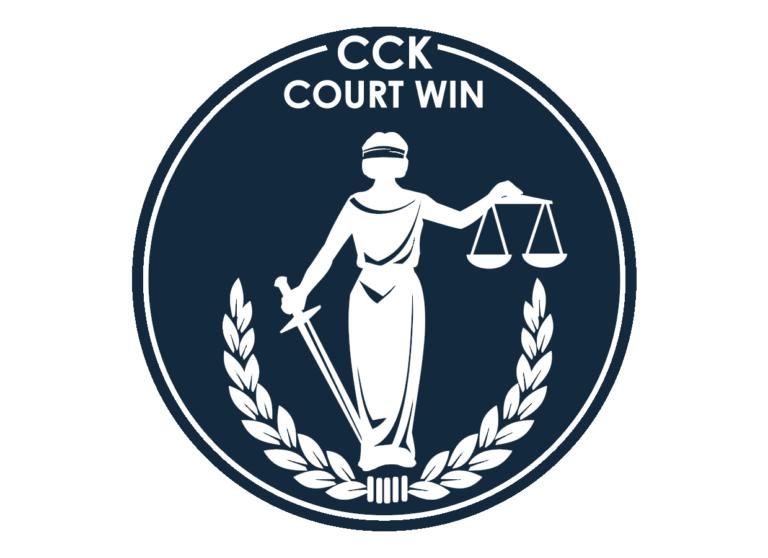Board Erred in Determining Veteran Lacks New and Material Evidence to Re-Open Vertigo Claim

CCK Law: Our Vital Role in Veterans Law
Army Veteran Files Service Connection Claim for Vertigo
The Veteran served in the United States Army from December 1970 to November 1973. In 2008, he applied for service-connected compensation for vertigo, but was denied in a 2009 Rating Decision. This decision became final. In May of 2010, the Veteran submitted a Notice of Disagreement with the 2009 Rating Decision, which was taken as a request to re-open his claim for service connection for vertigo. However, the Board of Veterans’ Appeals denied this request.
Board denies Veteran’s request to re-open vertigo claim
On August 22, 2017, the Board issued a decision denying the re-opening of the Veteran’s claim for service connection for vertigo. In order to re-open a previously denied claim, veterans must submit new and material evidence. In this case, the veteran submitted lay statements indicating that his vertigo is related to the stress he experienced in service. In its decision, the Board concluded that this evidence did not constitute new and material evidence sufficient to re-open the vertigo claim because it was cumulative and redundant of evidence in the record before the March 2009 Rating Decision.
CCK appeals to the Court
CCK successfully appealed to the Court of Appeals for Veterans Claims the Board decision that denied the re-opening of the Veteran’s claim for service connection for vertigo. CCK argued for a reversal of the Board’s finding that the Veteran’s lay statements indicating that his vertigo is related to the stress he experienced in service were duplicative of prior statements. Additionally, CCK asserted that the Veteran’s theory triggered VA’s duty to assist under McLendon. The McLendon standard holds that if VA determines the new evidence when viewed with the old evidence would be sufficient to trigger a medical examination, then the evidence is sufficient to re-open, and a medical examination must be provided. In the alternative, CCK argued for remand because the Board provided inadequate reasons and bases for its decision.
CAVC agrees with CCK’s arguments
CCK argued, and the Court agreed, that the Board failed to provide adequate reasons or bases for its decision denying the re-opening of the Veteran’s vertigo claim because it did not evaluate the lay evidence together with the old evidence under the McLendon standard. The Court holds that the Board should have considered whether the Veteran’s lay evidence when viewed with the existing evidence would have been sufficient to trigger a medical examination or opinion, an analysis that is part and parcel of the new and material evidence question. Although the Veteran already received a 2009 medical opinion on his vertigo, that opinion only considered the possible relationship between his vertigo and in-service headaches. It did not address the Veteran’s theory presented in his lay statements. As a result, the Court is remanding this matter back to the Board for readjudication.
About the Author
Share this Post
